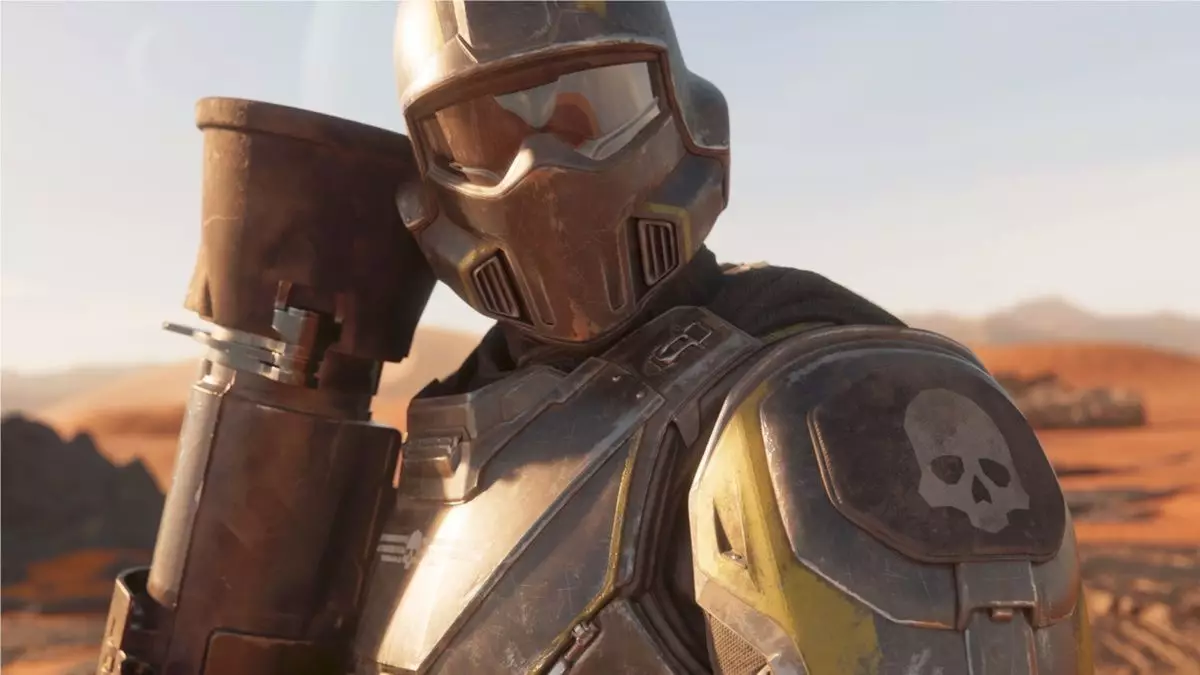In the ever-evolving landscape of video game development, community feedback can often be a double-edged sword. Helldivers 2, developed by Arrowhead Game Studios, faced significant backlash following the Escalation of Freedom update. The uproar was steeped in players feeling that the game they adored was veering off course. According to Johan Pilestedt, CEO of Arrowhead and game director of Helldivers 2, this discontent can largely be attributed to leadership and cohesion issues within the development team. It raises an important question: how vital is stable leadership in the realm of game development?
Pilestedt publicly addressed criticisms via Reddit, where he acknowledged that the very developers who created the original nerfs are now the ones tasked with rectifying the situation. This revelation underscores the complex dynamics within game development, where the same team may oscillate between creating and correcting. Pilestedt was quick to note that placing blame solely on the dev team would be unfair, as the responsibility largely falls on him. The ripple effect of leadership decisions profoundly impacts team cohesion and alignment in the creative process. When there’s a disconnect at the top, it can lead to missteps that resonate throughout the development cycle.
The 60-Day Recovery Strategy
In an effort to restore the community’s faith, Arrowhead has executed a structured 60-day recovery plan. This initiative began with an initial update aimed at addressing immediate concerns without drastically altering gameplay. Pilestedt’s outline for the recovery includes tackling specific feedback such as balance adjustments, fire damage modifications, and ragdoll physics enhancements. Each of these elements is crucial for ensuring a balanced and enjoyable player experience. The necessity of addressing such distinct aspects highlights the intricate web of mechanics that define modern gaming and the frequent challenges developers face in balancing these elements.
As the Helldivers community anxiously awaits further updates, one undeniable truth stands out: the relationship between developers and players is more significant than ever. Developers must cultivate transparency and maintain open lines of communication to foster trust. Pilestedt’s willingness to engage directly with players demonstrates an effort to bridge this critical gap. Moving forward, the success of Helldivers 2 will not solely depend on fixing previous errors, but also on establishing a sustainable ecosystem where player feedback is genuinely valued and effectively integrated into future updates.
In closing, the introspection from Johan Pilestedt and his commitment to rectifying Helldivers 2’s missteps illustrate the intricate dance of game development. With a renewed focus on leadership cohesion and a tangible plan to integrate community feedback, Arrowhead has the potential to turn criticism into a constructive pathway forward. Players are not just passive consumers; they are collaborators in this ever-progressing journey of game development. Addressing their concerns in a meaningful way will not only repair relationships but also enhance the overall experience of Helldivers 2, steering it toward future success.


Leave a Reply